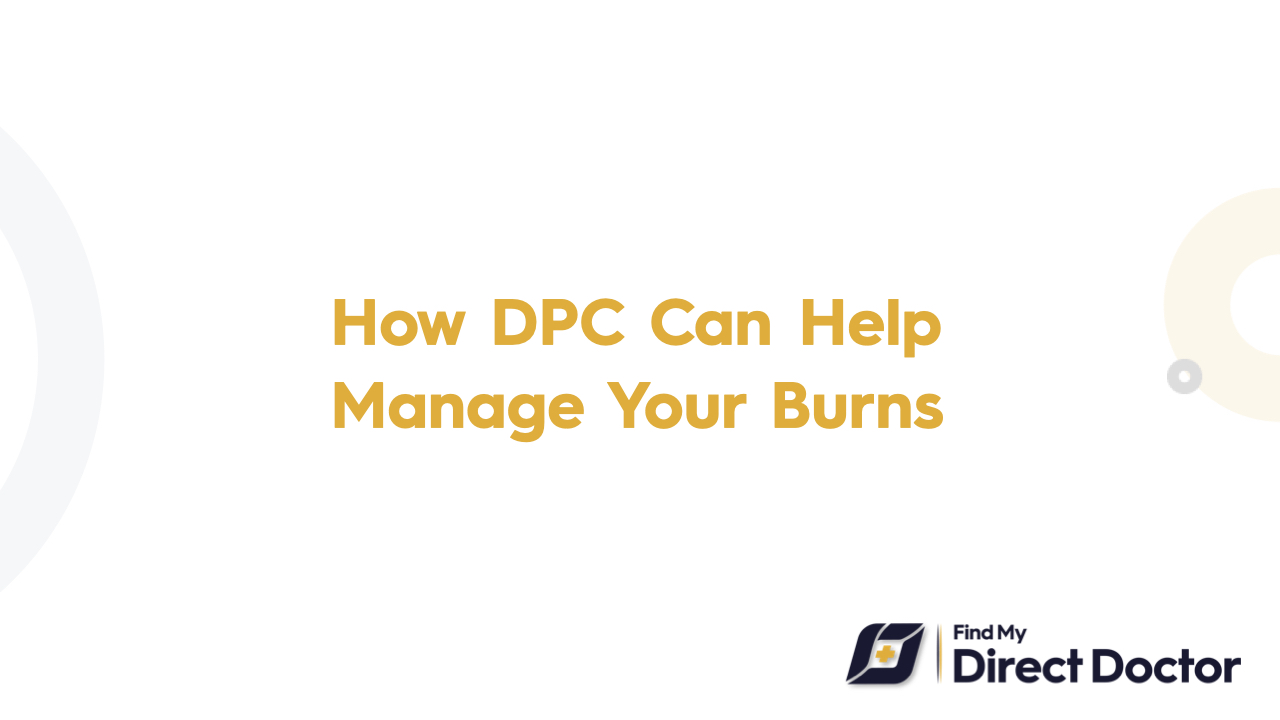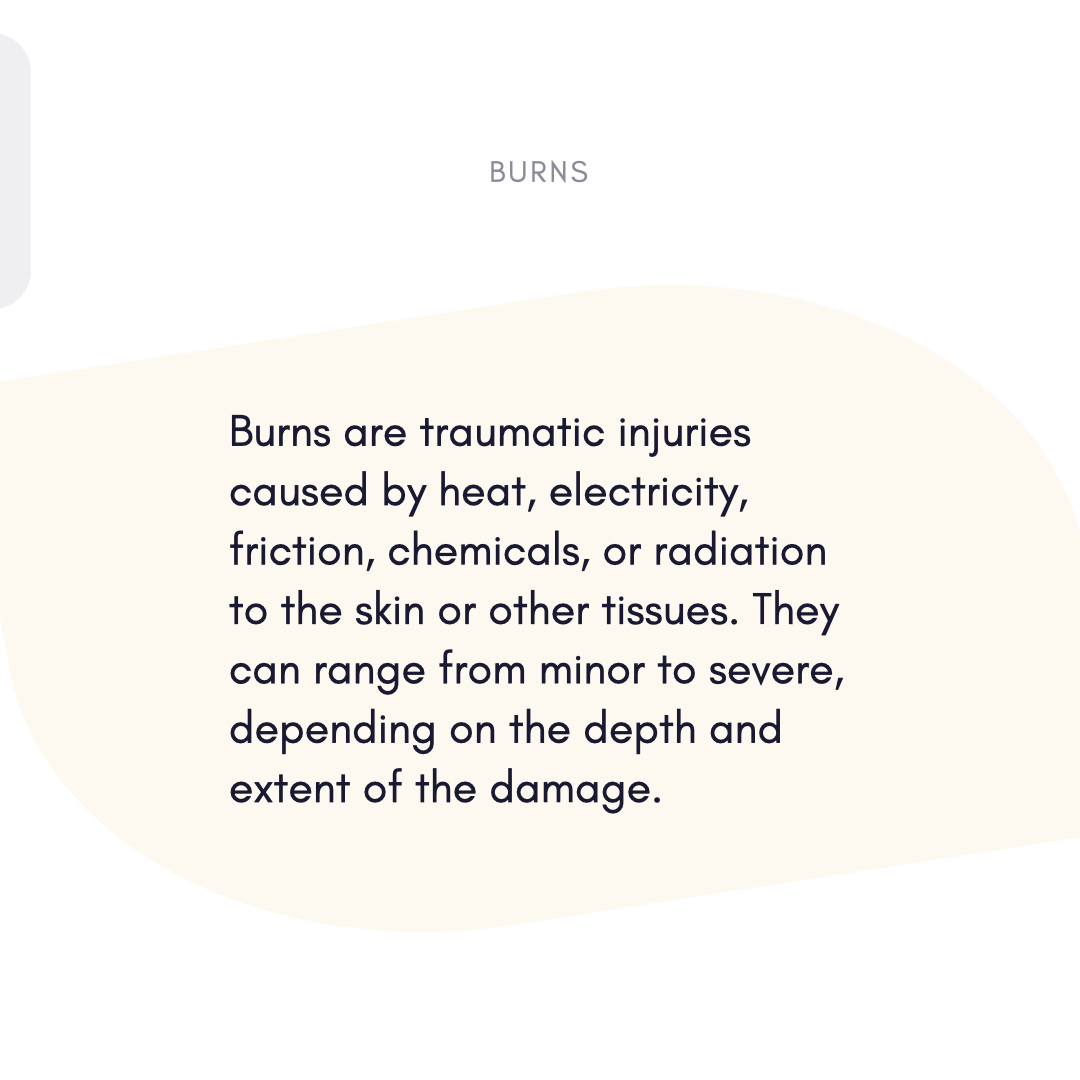



From mild first-degree burns to more severe cases, burn injuries need fast, expert treatment to prevent complications including infection, scarring, or limited mobility. Direct Primary Care (DPC) offers a patient-centered approach guaranteed thorough treatment matched with guidelines from the American Family Physician and American Burn Association by combining fast assessment, tailored wound management, and seamless coordination with experts.

Review Quickly
Burn Management Outpatient-Based Program
Virtual Follow-Up Telehealth Integration
Individualized Therapy Schedules
Monitoring and Preventing Infections
Long Reversals Support
Availability and Continuity
Financial Transparency
Care Based on Rules of Reference
Burns require fast, expert treatment to minimize physical and emotional scars. DPC's approach closes the distance between emergency treatment and long-term recovery with tailored, reasonably priced support at every level. For severe cases, DPC promises perfect specialist coordination; for minor burns, it provides fast wound treatment and telehealth follow-ups.

Previous Post
Next Post